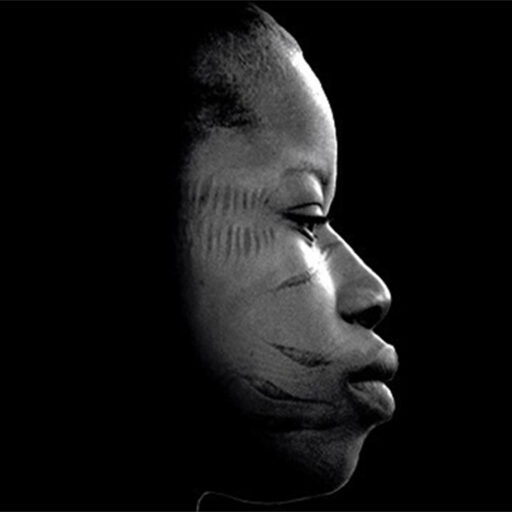It’s been a month since Amarildo de Souza disappeared. A 42 year-old bricklayer and father of six living in Rio’s Rocinha favela, he was detained at a bar by police who suspected him of being involved in drug trafficking. According to eyewitnesses, he was then taken to a Rocinha police station. He hasn’t been seen since.
The case is important for a number of reasons. Here are some of them.
5. Amarildo is just one of tens of thousands of missing persons in the state of Rio. From 1991 to May 2013, an estimated 91,807 people disappeared in Rio state. According to police data, nearly 6,000 people disappeared last year alone. Organization Rio de Paz estimates that nearly 35,000 people disappeared over the past five years.
4. Like several other high-profile cases of Rio disappearances in the past few years, such as that of 11-year-old Juan Moraes and 24-year-old Patrícia Amieiro, police are suspects in Amarildo’s disappearance. And as with those cases, Amarildo’s case went from “Where is Amarildo?” to “Who Killed Amarildo?” In the aforementioned cases, military policemen will be tried for the victims’ murders.
Amarildo’s case is a long way from being solved. An eyewitness claims he saw a man who could have been Amarildo being tortured at the police pacification headquarters in Rocinha by military police. Meanwhile, police say a drug trafficker confessed to murdering Amarildo in order to frame police, and say they recorded his confession in a phone call. Amarildo’s body has still not been found.
3. Pressure to find the culprit behind Amarildo’s disappearance could build momentum to reduce impunity in Rio. In the state, an estimated 92 percent of murders go unsolved, and less than 3 percent of homicides end in a conviction, estimates Antônio Silva da Costa, head of Rio da Paz.
2. Amarildo’s disappearance comes on the heels of Brazil’s massive protests in June, as well as ongoing, albeit smaller protests in Rio. Because of this, Amarildo’s case has gained even more attention, on both a national and international level.
There have been numerous marches in Rocinha to demand answers about Amarildo, as well as demonstrations in Copacabana and Centro. There was even a solidarity protest in São Paulo. The most recent Rocinha demonstration even attracted several celebrities; actor Wagna Moura spoke out about the case when accepting an award last weekend. Amnesty International has also gotten involved with the case.
1. The case comes at a time when Rio’s military police are under close scrutiny. Military police in Rio have been accused of abuses against protesters, and the violence at the protests inspired discussions about the role of this law enforcement division. The case also brings Rio’s police pacification strategy under scrutiny, given that Rocinha is a “pacified” favela and officers who interrogated Amarildo work at the UPP. If investigators determine that it was in fact military police from the UPP who were responsible for Amarildo’s death, there could potentially be important policy consequences in Rio.
Image: Fernando Frazão/Brasil de Fato
Fonte: Rio Gringa




